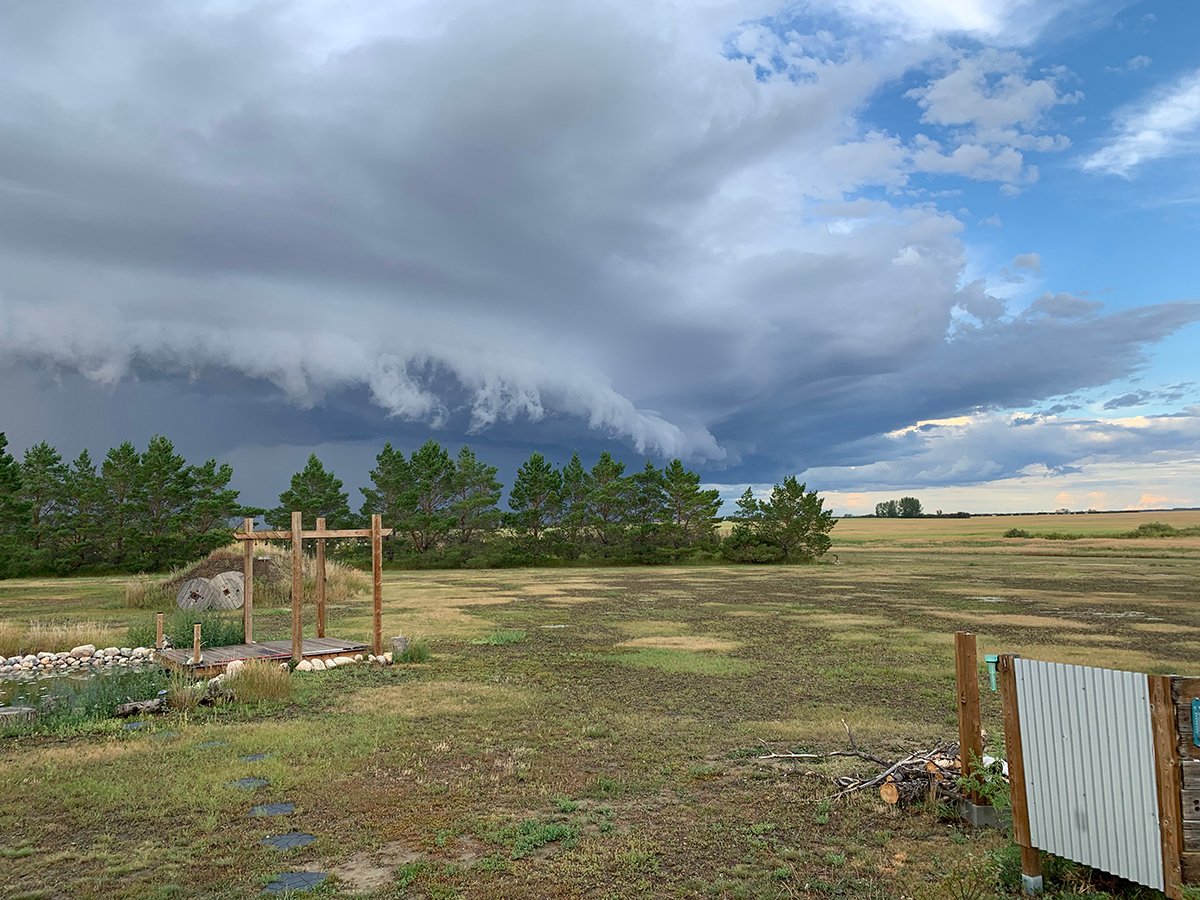It’s time for countries to move beyond the rhetoric of free trade and craft a world trade deal that increases the international flow of goods without hurting farmers, says the president of the Canadian Federation of Agriculture.
Bob Friesen told an international economic committee of NATO officials and politicians June 11 that too much time is being spent at World Trade Organization talks expounding on the theoretical benefits of free trade.
He said more time should be spent figuring out practical solutions to increase trade, including maintaining tariffs for import-sensitive sectors while increasing access to other countries’ markets.
Read Also

Storm dynamics and extreme rainfall
Besides moisture, instability and orographic lift, the next biggest factor that contributes to heavy or extreme rainfall is storm dynamics.
The NATO economic committee was in Canada for meetings on economic and trade issues. The focus of the Ottawa hearings with farm leaders was the current round of WTO talks.
Alberta grain, oilseeds and pulse crop farmer Ted Menzies, chair of the Canadian Agri-Food Trade Alliance, said the best WTO outcome would be an end to export subsidies, a sharp cut in domestic subsidies that influence production and deep cuts in protectionist tariffs.
Liberalized trade could add hundreds of millions of dollars to Canadian farm revenues, he said, and tens of thousands of dollars to individual farmer returns.
“Canadian producers have to compete with producers who receive most of their income from the government,” he complained.
But the two prairie-based farm leaders were at odds over how radical a WTO deal should be. Their testimony exposed to the European members of the NATO panel the divisions within Canada’s farm community.
They are the same divisions that have led WTO agriculture negotiations to a stalemate, just months before trade and agriculture ministers will meet in Cancun, Mexico in September to assess progress.
Friesen also told the NATO committee that the United States is not credible when it proposes radical cuts in farm subsides and protection at WTO talks.
Any serious attempt at WTO negotiations to cut farm protection will run into a wall of American obstruction, despite official U.S. support for those goals, Friesen said.
Paul Cook, an American who works for the NATO committee, said Friesen might be too pessimistic. He said he knows many members of Congress who voted for the subsidy-rich farm bill to satisfy their constituents, believing president George Bush would veto it in the name of deficit cutting.
“They were amazed when he
didn’t,” Cook said.
He predicted that a WTO deal that forced an amendment of the law to reduce subsidies might be welcomed by members of Congress as a second chance to repair a “bad bill.”














